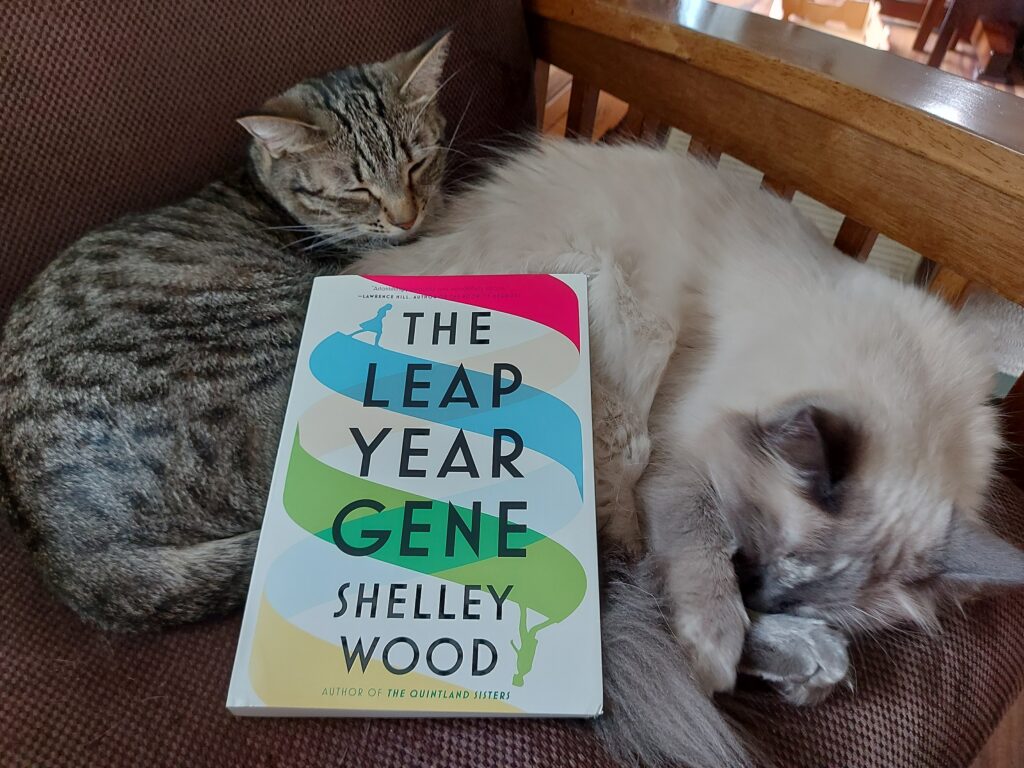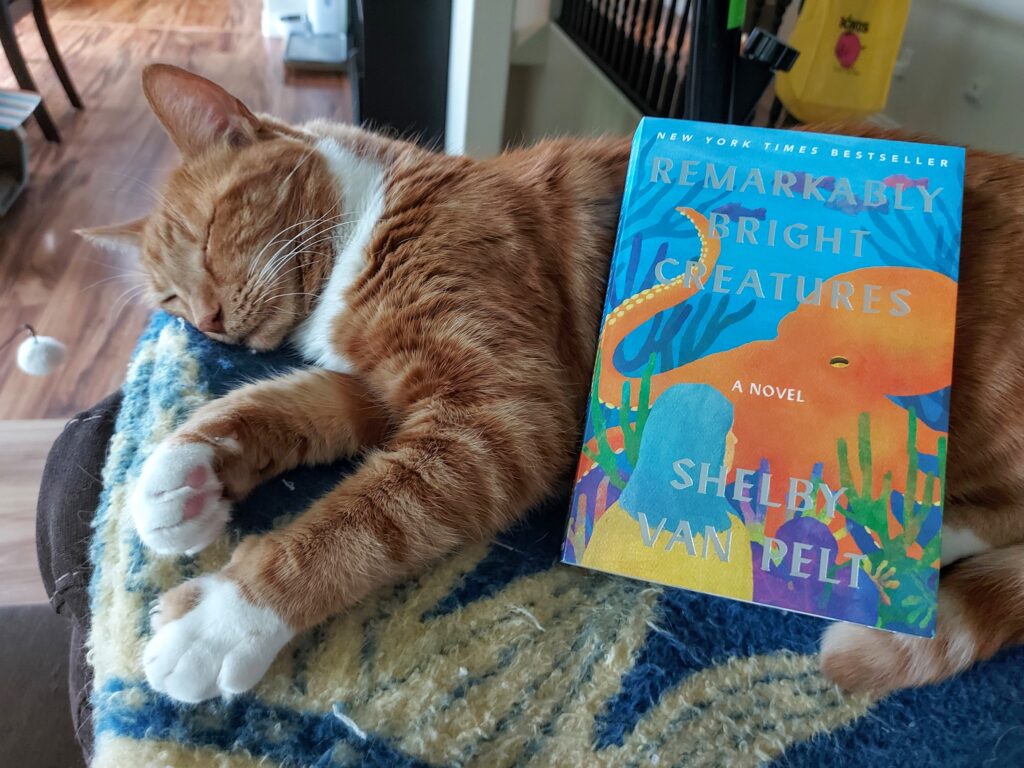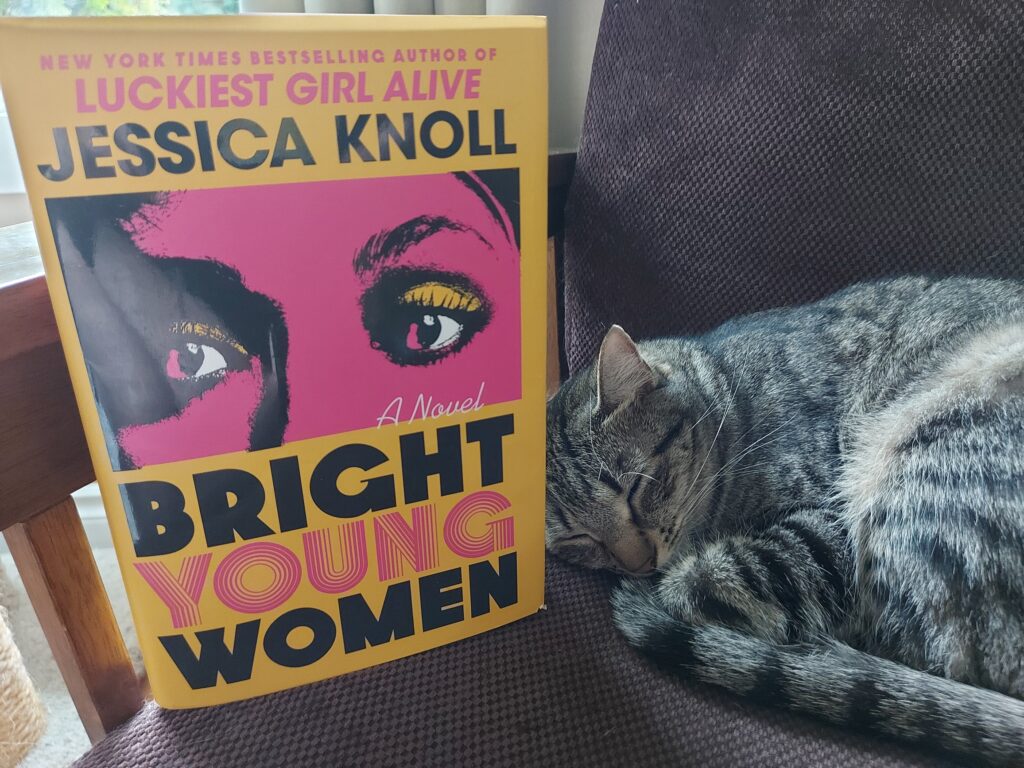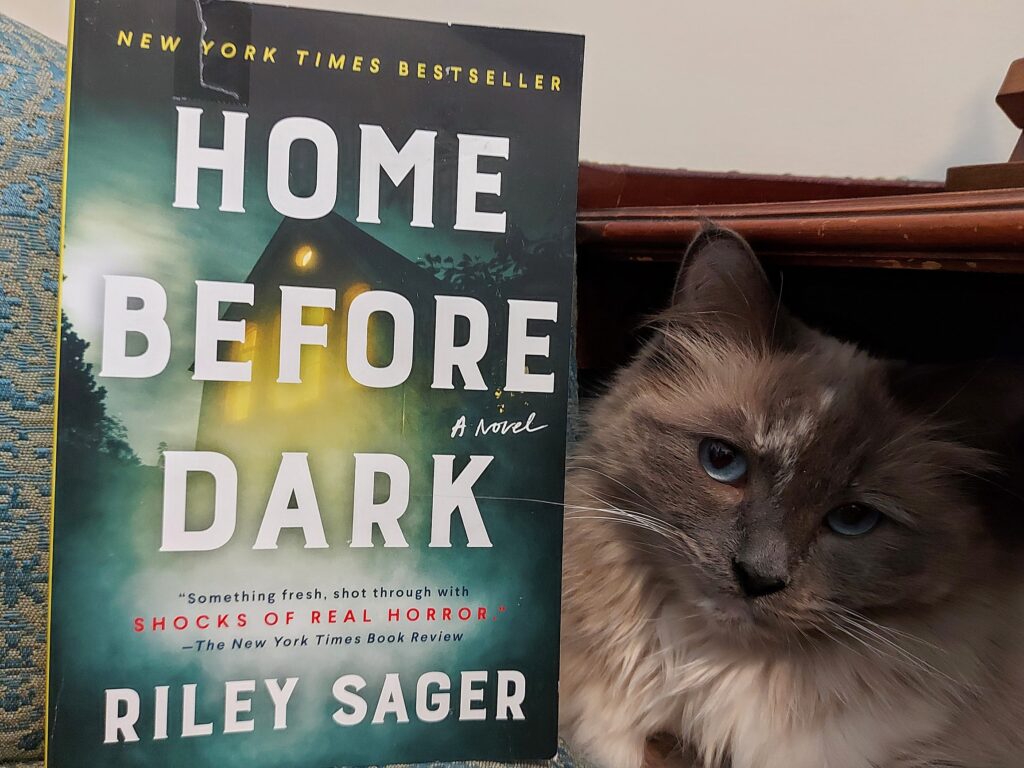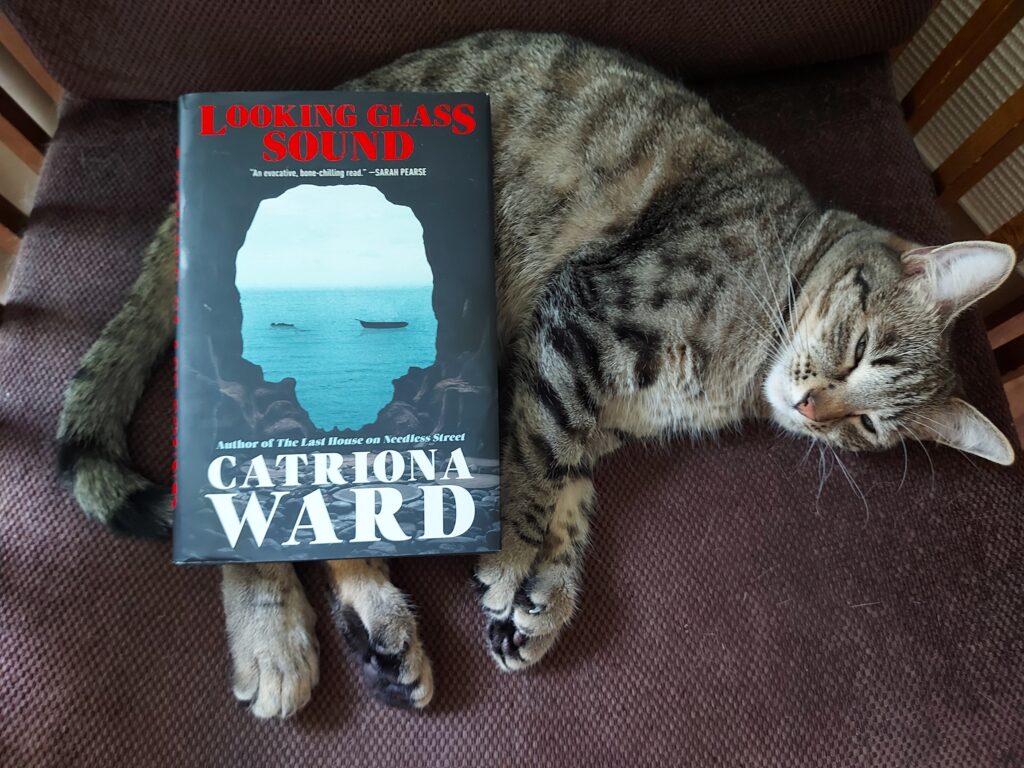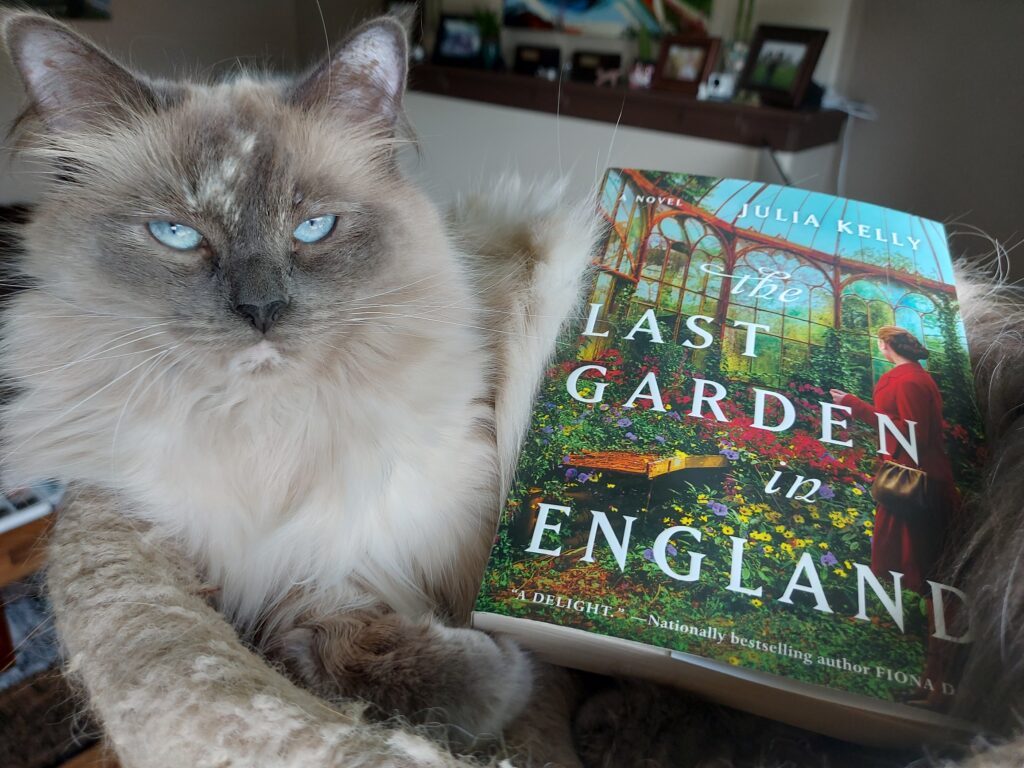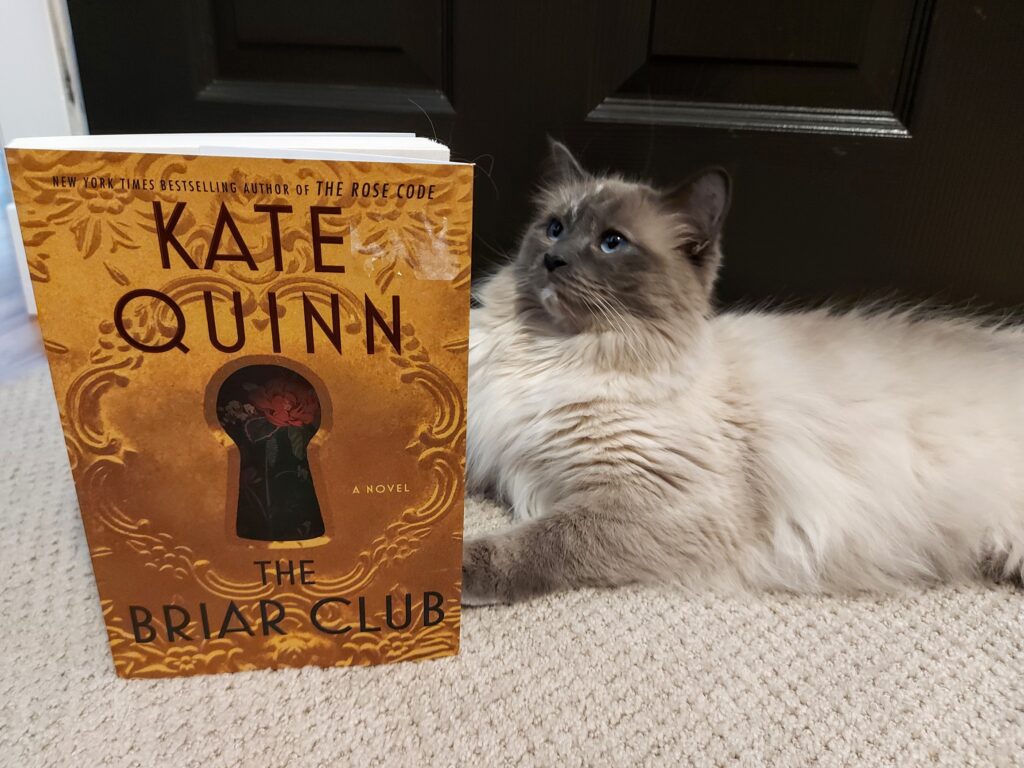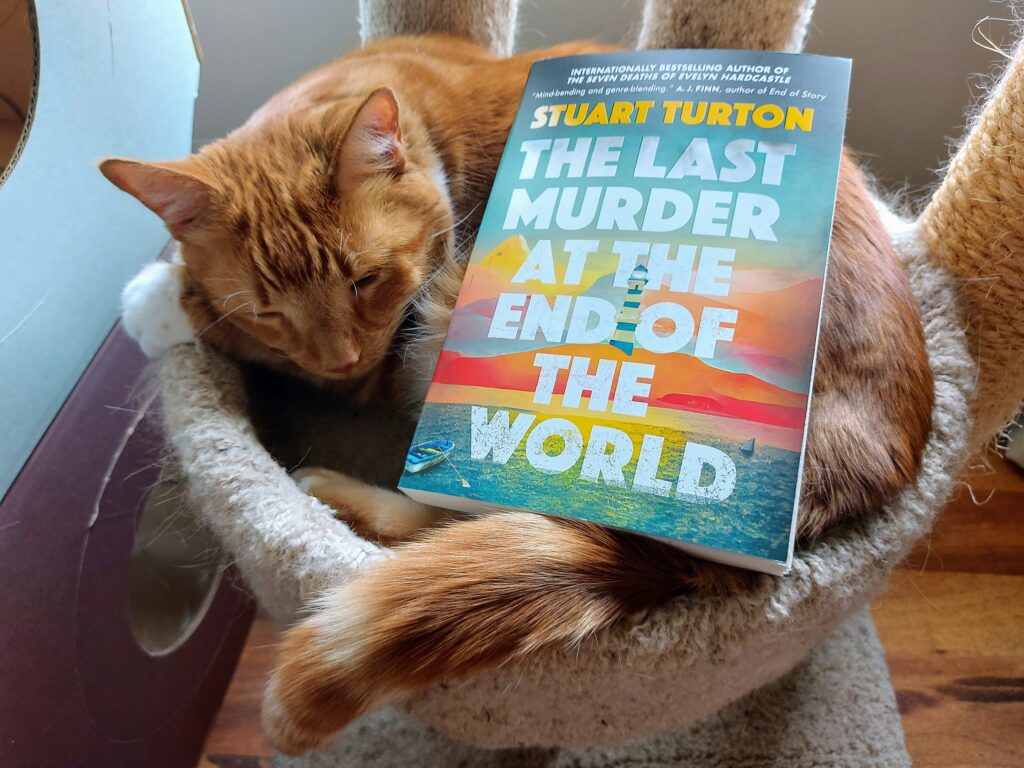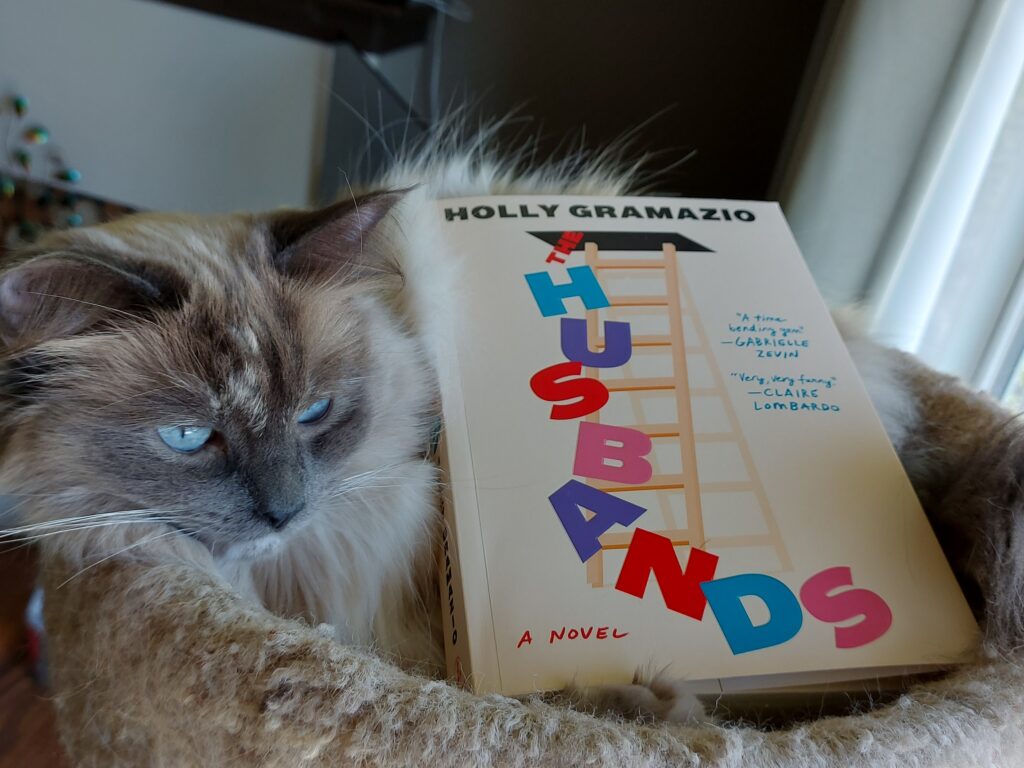The House of Eve by Sadeqa Johnson
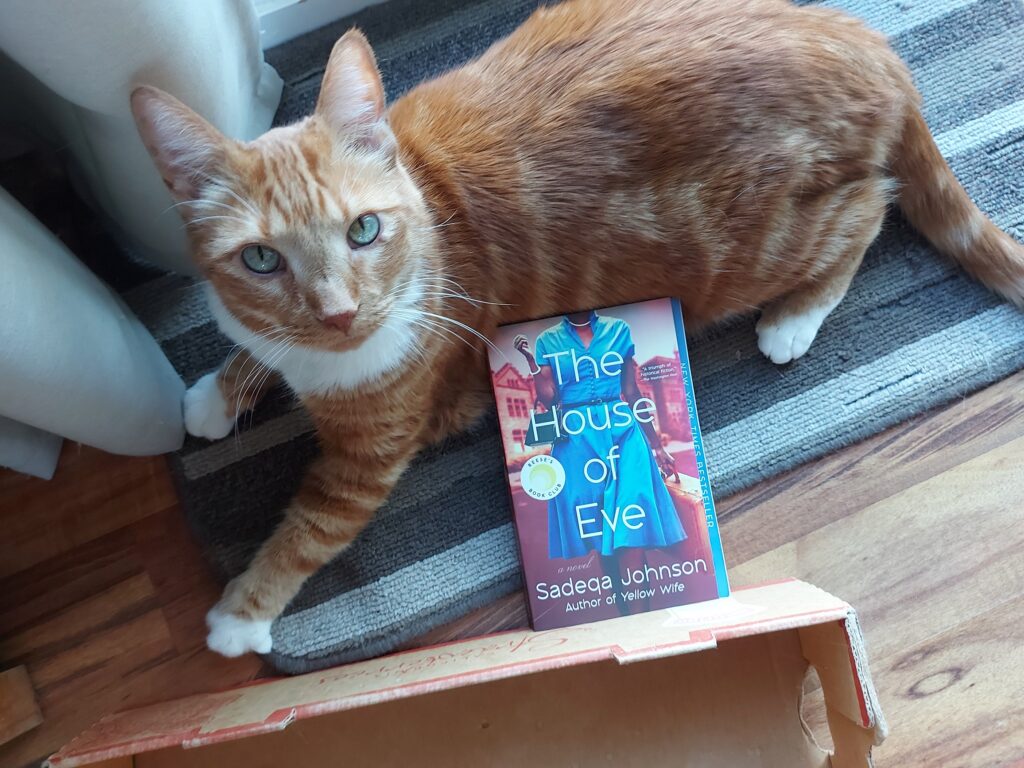
The House of Eve is Sadeqa Johnson’s follow up novel to Yellow Wife, and it even has a surprising connection to Yellow Wife. The House of Eve is also a historical fiction novel about racism in the US. I did not find this novel to be as affecting as Yellow Wife. It is an interesting story, but some aspects of it are underwhelming.
…